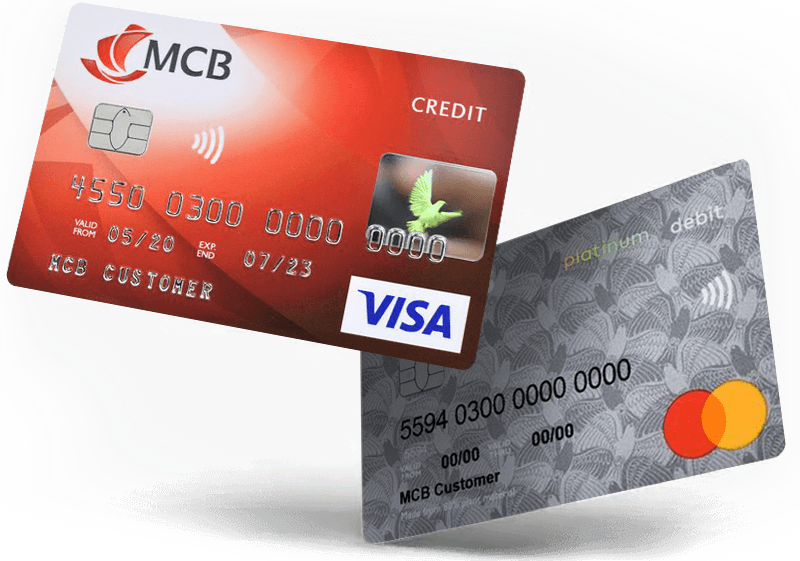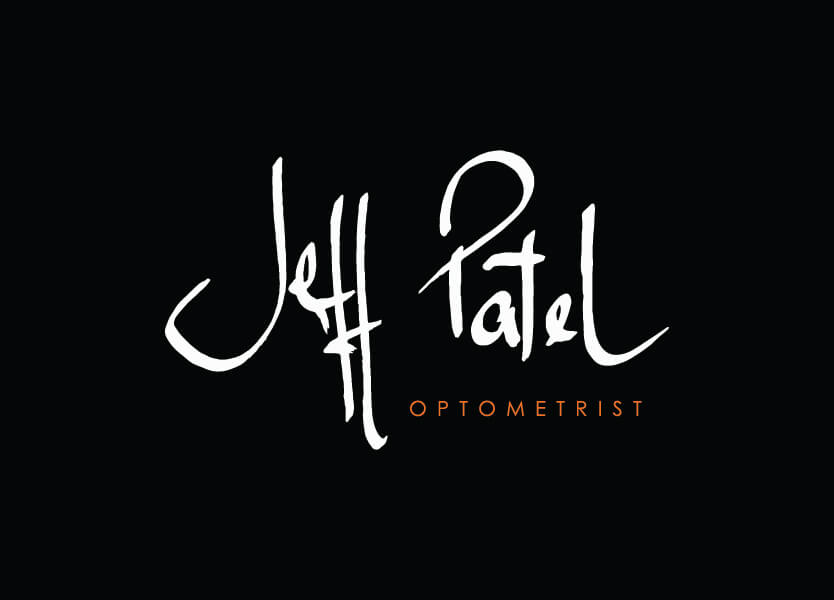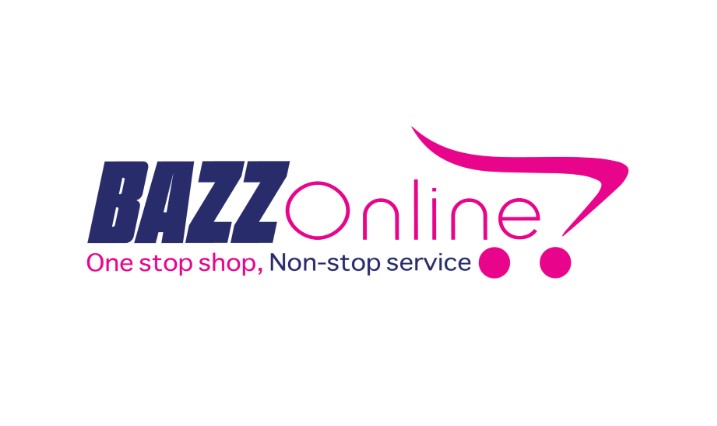Mobile Banking made easy
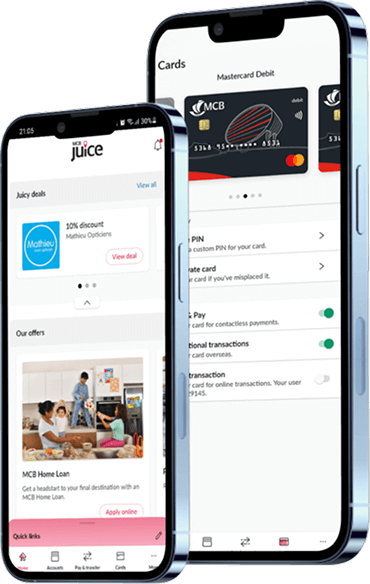
All your business finances, one app
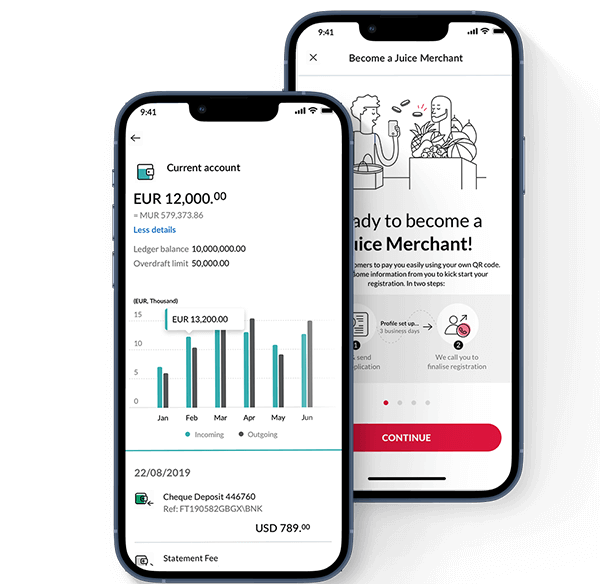
Loans
We support key life goals, with flexibility and guidance at every step.
From vision to reality
Invest in your future
Your dream home at 5.05%
3 key considerations for debt consolidation
If you have multiple debts—credit cards, personal loans, or car loans—managing different payments and interest rates can be overwhelming.
Debt consolidation allows you to combine multiple debts into one loan, potentially reducing interest rates and making repayments easier.
But is it the right move for you? Let’s explore the pros and cons of debt consolidation.
1. The benefits of debt consolidation
✅ Lower interest rates – A consolidated loan may offer a lower rate than credit cards or multiple loans.
✅ Easier repayments – Instead of juggling multiple debts, you make one fixed monthly payment.
📌 Best for:
People struggling with multiple high-interest debts.
Those looking to simplify financial management.
2. The risks of debt consolidation
⚠️ May extend your repayment period – Lower monthly payments can mean paying more interest over time.
⚠️ Fees and costs – Some loans have processing fees or penalties for early repayment.
⚠️ Requires discipline – If you continue borrowing after consolidating, debt could grow again.
📌 Not ideal for:
People who have a habit of taking on more debt after consolidation.
Those with debts that can be paid off quickly without a new loan.
3. Should you consolidate your debt?
Factor | Good for debt consolidation? |
High-interest debts | ✅ Yes – if you can secure a lower rate |
Multiple repayment dates | ✅ Yes – if you need simpler payments |
Short-term debt that can be paid off quickly | ❌ No – better to pay it off without consolidating |
Poor spending habits | ❌ No – may lead to more debt accumulation |
📌 Final takeaway:
✔ Consolidate debt if it reduces your interest rate and simplifies payments.
✔ Avoid consolidation if it will cost more in the long run or encourage new borrowing habits.
If you’re considering debt consolidation, compare options carefully and speak to a financial expert before making a decision
OFFERS & PROMOTIONS
Great deals, just for you
Explore our latest offers and promotions designed to give you more value, more often. From limited-time discounts to exclusive perks, there's always something worth checking out.
STYLESHADES LTD
As From 5% Discount
STYLESHADES LTD
Enjoy 5% Discount !
STYLESHADES LTD
Enjoy 5% Discount !
3 key considerations for debt consolidation
If you have multiple debts—credit cards, personal loans, or car loans—managing different payments and interest rates can be overwhelming.
Debt consolidation allows you to combine multiple debts into one loan, potentially reducing interest rates and making repayments easier.
But is it the right move for you? Let’s explore the pros and cons of debt consolidation.
1. The benefits of debt consolidation
✅ Lower interest rates – A consolidated loan may offer a lower rate than credit cards or multiple loans.
✅ Easier repayments – Instead of juggling multiple debts, you make one fixed monthly payment.
📌 Best for:
People struggling with multiple high-interest debts.
Those looking to simplify financial management.
2. The risks of debt consolidation
⚠️ May extend your repayment period – Lower monthly payments can mean paying more interest over time.
⚠️ Fees and costs – Some loans have processing fees or penalties for early repayment.
⚠️ Requires discipline – If you continue borrowing after consolidating, debt could grow again.
📌 Not ideal for:
People who have a habit of taking on more debt after consolidation.
Those with debts that can be paid off quickly without a new loan.
3. Should you consolidate your debt?
Factor | Good for debt consolidation? |
High-interest debts | ✅ Yes – if you can secure a lower rate |
Multiple repayment dates | ✅ Yes – if you need simpler payments |
Short-term debt that can be paid off quickly | ❌ No – better to pay it off without consolidating |
Poor spending habits | ❌ No – may lead to more debt accumulation |
📌 Final takeaway:
✔ Consolidate debt if it reduces your interest rate and simplifies payments.
✔ Avoid consolidation if it will cost more in the long run or encourage new borrowing habits.
If you’re considering debt consolidation, compare options carefully and speak to a financial expert before making a decision
Useful tools and resources
Local & International Transfer
Banking conditions & processes for local and international transfer to other banks.
Rates & Fees
Interest rates, fees and charges applied to personal and corporate banking
Help & Support
We have gathered the most popular questions to get you started













